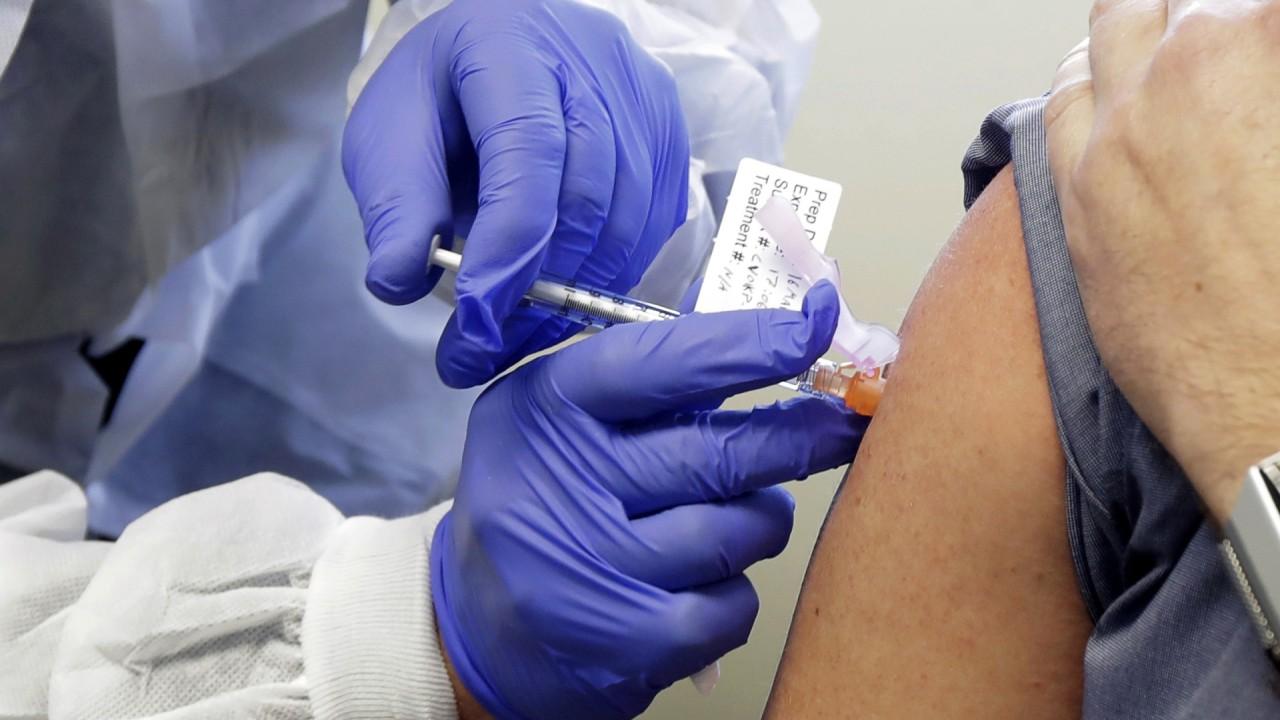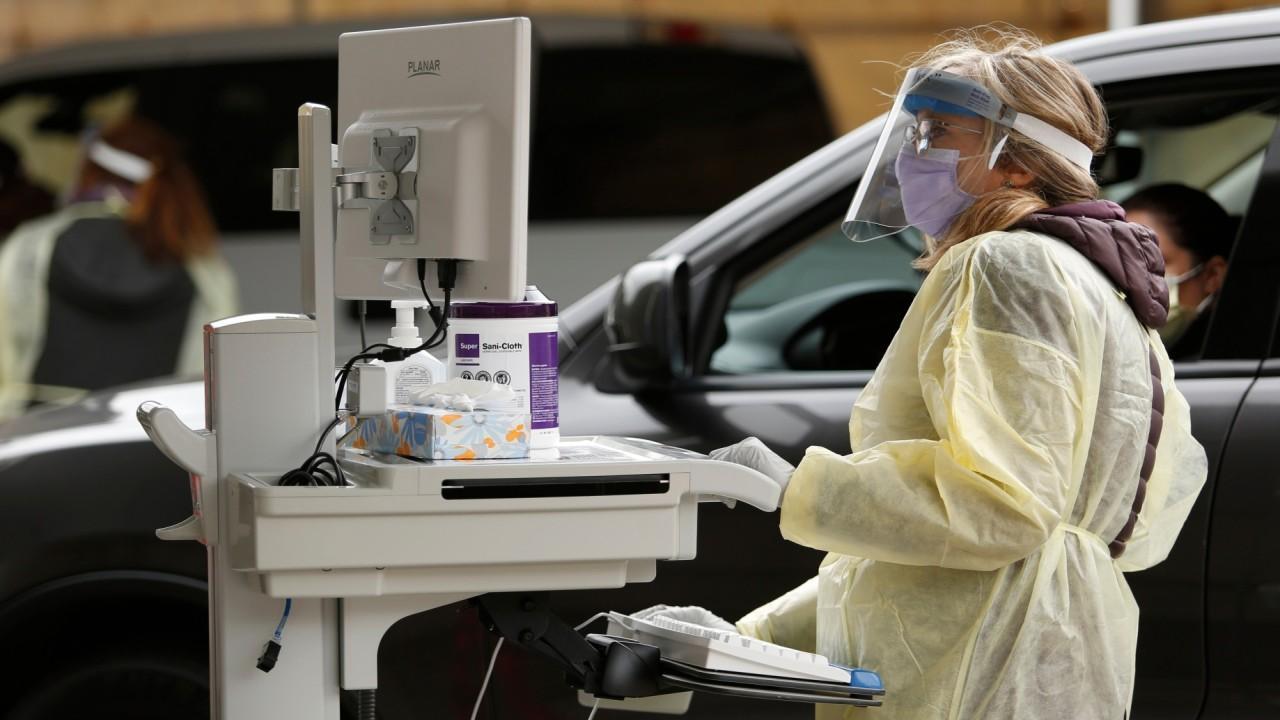What are all the coronavirus testing methods?
Viral tests, antibody tests, at-home test: What you need to know before you check for COVID-19
Get all the latest news on coronavirus and more delivered daily to your inbox. Sign up here.
There are two types of tests when it comes for checking for COVID-19: viral tests, which check for a current infection, and an antibody test, which identifies if your immune system built a response to a prior infection.
Nearly one-third of the more than 4 million confirmed cases of the new coronavirus are in the United States as of May 12. And because states are reopening parks and businesses, more people will be leaving their homes for work and play after being cooped at home because of lockdown and shelter in place orders.
So, knowing if your are infected with the virus, which means that you could potentially spread the virus throughout the community, or if you have a potential immunity to the virus is important.
Here's what you need to know about the two types of tests for COVID-19.
WHERE CAN YOU GET A CORONAVIRUS TEST?
What to know about viral tests
Viral tests, also known as molecular tests, are most commonly conducted with a nasal or throat swab for the upper respiratory tract. Health care professionals should now take nasal swabs, according to updated CDC clinical specimen guidelines. However, throat swabs are still an acceptable specimen type if necessary.
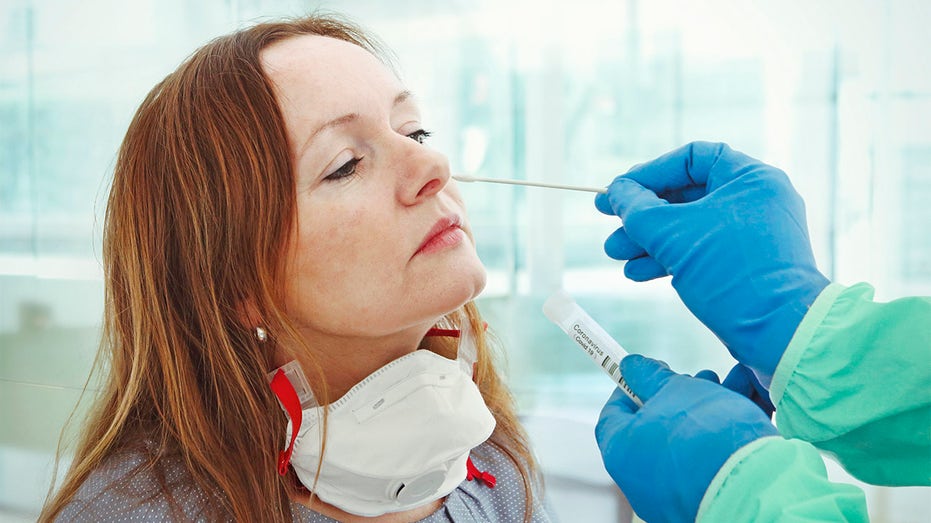
(iStock)
In rare circumstances, a bronchoalveolar lavage, tracheal aspirate, pleural fluid or lung biopsy may be conducted to test the lower respiratory tract.
Collected samples are tested to look for signs of any coronavirus genetic material.
FDA APPROVES FIRST CORONAVIRUS SALIVA-BASED TEST
So far, there are 25 high complexity molecular-based tests developed by labs that have received emergency use authorization from the U.S. Food and Drug Administration as of May 12. More than 110 companies are submitting authorization requests to the FDA, according to a report from GoodRx.
High Complexity Molecular-Based Laboratory Developed Tests:
- Yale New New Haven Hospital, Clinical Virology Laboratory
- Infectious Disease Diagnostics Laboratory - Children's Hospital of Philadelphia
- Diagnostic Molecular Laboratory – Northwestern Medicine
- Massachusetts General Hospital
- Viracor Eurofins Clinical Diagnostics
- Stanford Health Care Clinical Virology Laboratory
- University of North Carolina Medical Center
- Specialty Diagnostic (SDI) Laboratories
- Orig3n, Inc.
- Pathology/Laboratory Medicine Lab of Baptist Hospital Miami
- Integrity Laboratories
- Exact Sciences Laboratories
- Infectious Diseases Diagnostics Laboratory (IDDL), Boston Children's Hospital
- CirrusDx Laboratories
- Hackensack University Medical Center (HUMC) Molecular Pathology Laboratory
- Mayo Clinic Laboratories, Rochester, MN
- Diatherix Eurofins Laboratory
- Southwest Regional PCR Laboratory LLC. dba MicroGen DX
- AIT Laboratories
- Ultimate Dx Laboratory
- Nationwide Children's Hospital
- Biocerna
- Altru Diagnostics, Inc.
- UTMG Pathology Laboratory
- Biocollections Worldwide, Inc.
What to know about antibody tests?
Antibody tests, also known as serological tests, require a blood sample. Unlike viral tests that check for active infections, an antibody test should be done at least one week after a confirmed coronavirus infection, or a suspected infection for potential asymptomatic and mild symptom patients, because the immune system takes that long to create antibodies.
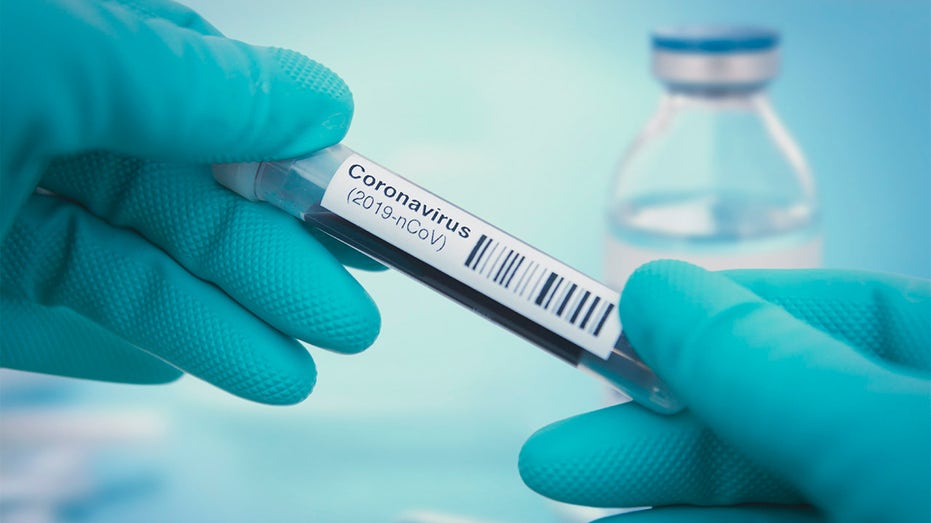
(iStock)
Although antibodies help fight off an infection, there is no evidence that shows whether or not coronavirus immunity is possible. Further research is being conducted by health agencies.
FDA RESETS CORONAVIRUS ANTIBODY TEST MARKET RULES
There are 11 labs that have received emergency use authorization from the FDA for antibody testing as of May 12. More than 250 companies are flooding the market with antibody tests that may not be all that accurate, according to GoodRx, and over 170 manufacturers are waiting on an authorization decision from the FDA.
CORNOAVIRUS ANTIBODY TEST SHOW CONFLICTING RESULTS
EUA Authorized Serology Test Performance
- Abbott
- Autobio
- Bio-Rad Labroatories, Inc
- Cellex, Inc
- Chembio Diagnostic Systems, Inc.
- DiaSorin
- EUROIMMUN
- Mount Sinai Hospital Clinical Laboratory
- Ortho-Clinical Diagnostics, Inc.
- Roche
- Wadsworth Center, New York State Department of Health
GET FOX BUSINESS ON THE GO BY CLICKING HERE
What about at-home testing?
On April 21, the FDA authorized the first at-home coronavirus sample collection test kit from Laboratory Corporation of America. The viral test kit, which is distributed by Pixel by LabCorp, requires a nasal swab and must be mailed to a designated lab for testing.
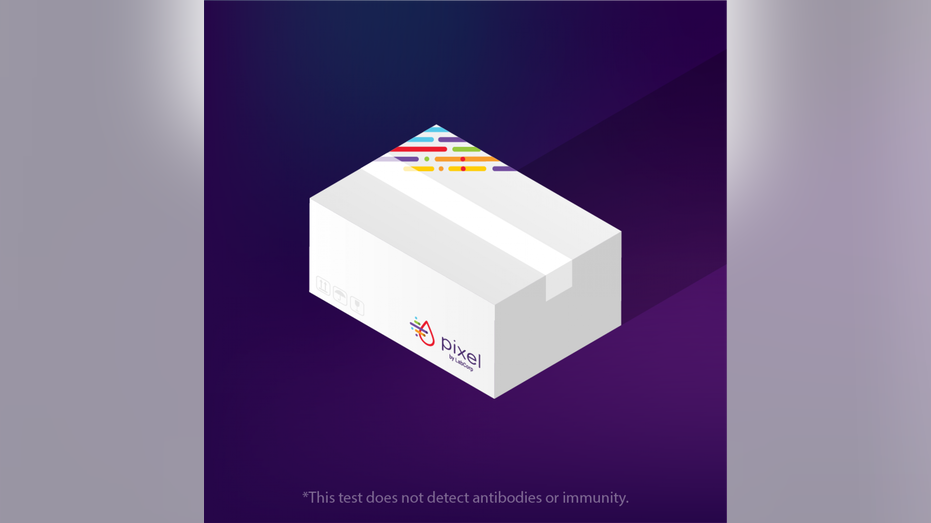
(Pixel by LabCorp)
The test has received emergency use authorization and should only be administered by people who have received clearance from a health care professional. Pixel by LabCorp has no upfront costs and will bill insurance companies for a patient’s test. Those who do not have insurance will have their test covered by public funding.
On May 8, the FDA authorized the first at-home coronavirus saliva specimen test kit from Rutgers Clinical Genomics Laboratory.
The FDA has not authorized an at-home test that allows patients to process their samples and has warned consumers to not purchase any coronavirus at-home test that hasn’t received its authorization.
CLICK HERE TO READ MORE ON FOX BUSINESS
Seventy-four test kit manufacturers and commercial laboratories have received emergency use authorization from the FDA at the time of publication.




















